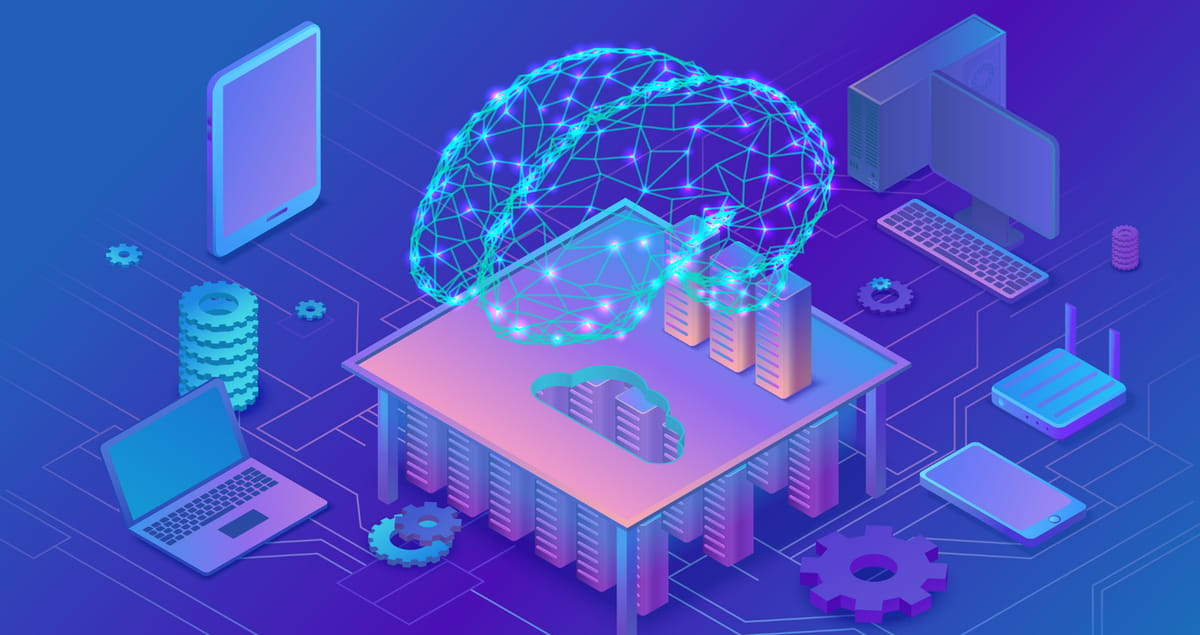- A Book a Week
- Posts
- 📗 From Anxiety to Action
📗 From Anxiety to Action
Embracing AI's Potential Today with 'Scary Smart'
After a few weeks off, we are back and ready to bring more books to your inbox every week 🙌
This week, we're focusing on "Scary Smart" by Mo Gawdat. This book delves into the unprecedented advancements in artificial intelligence (AI) and their profound implications for humanity. Let’s dive in.

This book will challenge your perceptions of AI, moving you from fear to empowerment. It provides a roadmap for understanding AI's impact on society and encourages proactive engagement in shaping its future.

Principle #1: Embrace Understanding Over Fear
Gawdat urges us to educate ourselves about AI rather than succumb to fear. Understanding enables us to harness AI's potential responsibly, ensuring its benefit to humanity.
Principle #2: Actively Shape the Future
We must actively participate in discussions and decisions about AI's development and deployment. Passive acceptance risks relinquishing control over our future to unchecked technology.
Principle #3: Foster Collaboration Across Disciplines
Gawdat emphasizes the importance of interdisciplinary collaboration in AI development. Engineers, ethicists, policymakers, and citizens must work together to address AI's challenges comprehensively. By integrating diverse perspectives, we can ensure AI serves societal interests while mitigating risks effectively.

“We all come to this life as a blank canvas, to be scribbled upon by our environment.”
“Instead of containing them or enslaving them, we should be aiming higher: we should aim not to need to contain them at all.”
“If we managed to connect your brain to a bunch of flies so they could use all your intelligence to find the next pile of garbage, would you spend the rest of your life proudly serving their needs?”

Educate Yourself: Dive into resources on AI ethics and implications.
Engage in Dialogue: Discuss AI's impact with peers and experts.
Advocate for Responsible AI: Support policies and initiatives that prioritize ethical AI development.

Identify a task in your daily routine or work where AI could streamline processes, like using AI-powered scheduling tools for better time management. Implement a trial of the AI solution, evaluate its impact on efficiency, and adjust your approach based on the results. This practical experiment will help you harness AI's potential to optimize tasks and enhance productivity effectively.

The development of AI has roots in early 20th-century theories of machine intelligence, but it gained prominence in the latter half of the century with advancements in computing power and algorithmic sophistication. Cultural narratives, from Isaac Asimov's exploration of AI ethics in science fiction to real-world innovations like IBM's Deep Blue defeating a chess grandmaster in 1997, have shaped public perceptions and fears about AI.
Understanding this context illuminates how Gawdat's insights into AI's future resonate with longstanding debates about technology's impact on society, highlighting the urgency of ethical considerations and responsible development as we navigate the complexities of AI in the 21st century.

We hope you enjoyed delving into the complexities and potential of artificial intelligence. By understanding its historical context and ethical challenges, we aim to empower you with insights to navigate this rapidly evolving field responsibly.
As always, if you have any feedback or questions, just hit reply.
A Book a Week Team
If you’re enjoying A Book a Week, spread the word by sharing the sign up link with a colleague or friend. We really appreciate the support 🙏
Partner with A Book a Week and reach 700+ readers & professionals' inboxes.
Contact us to learn more.

